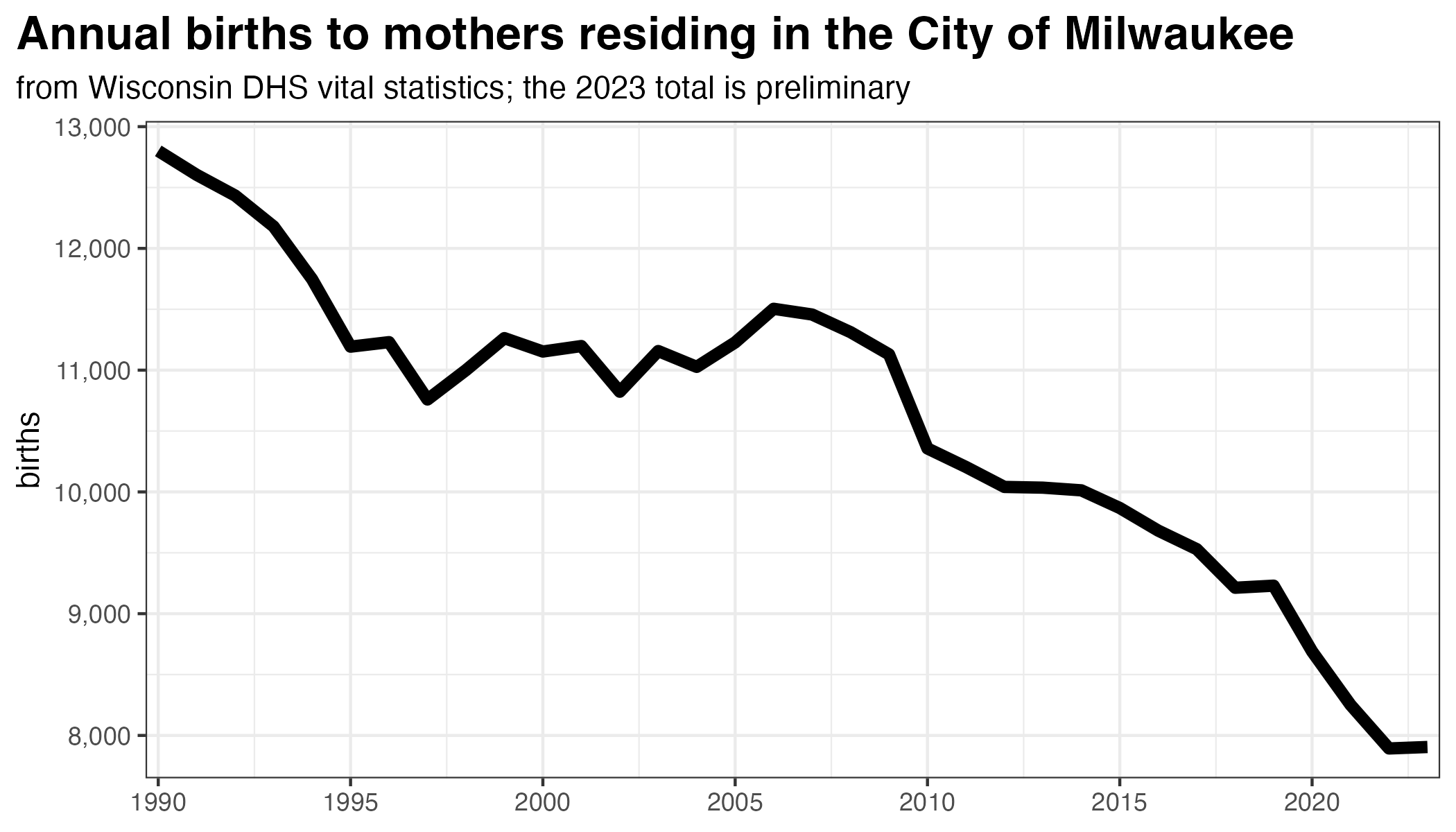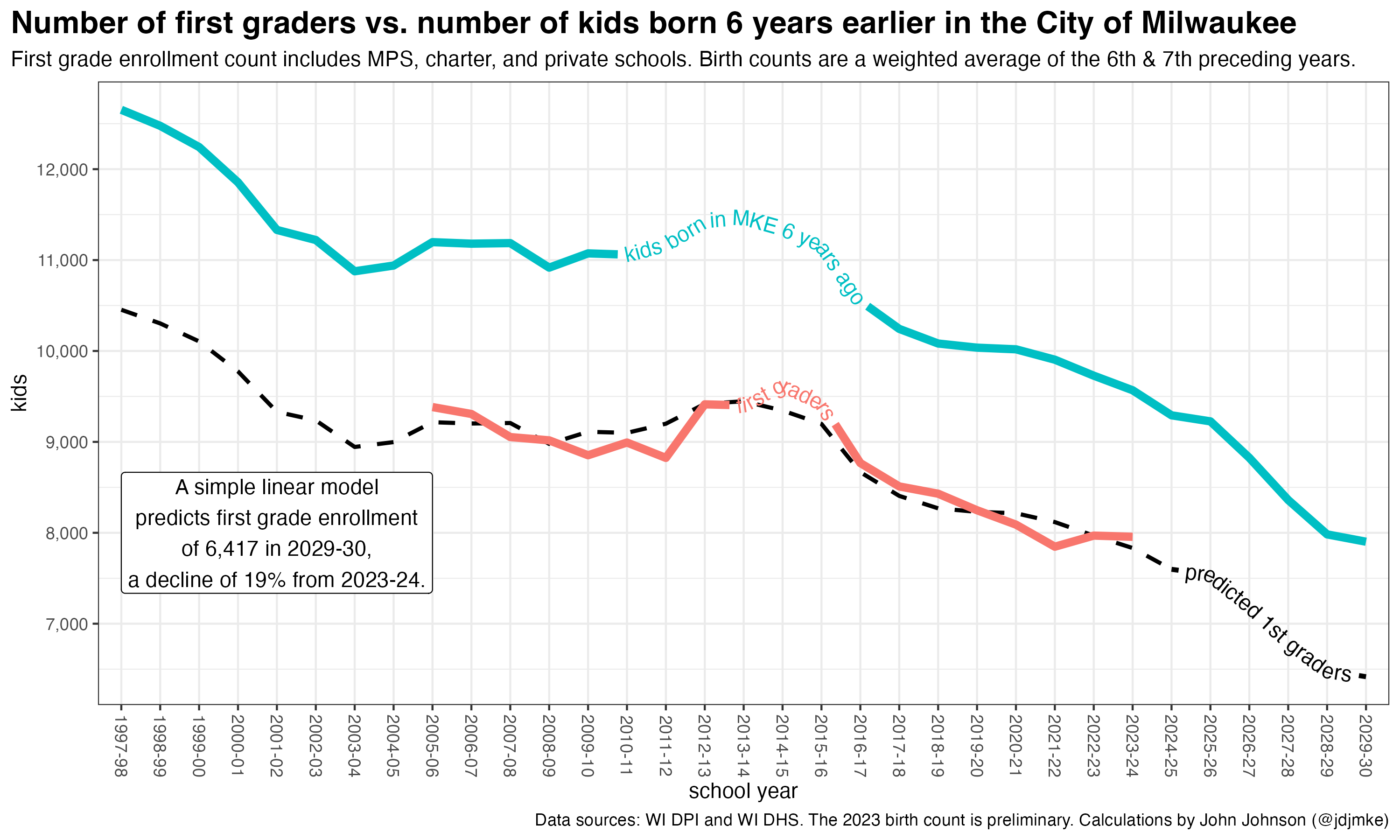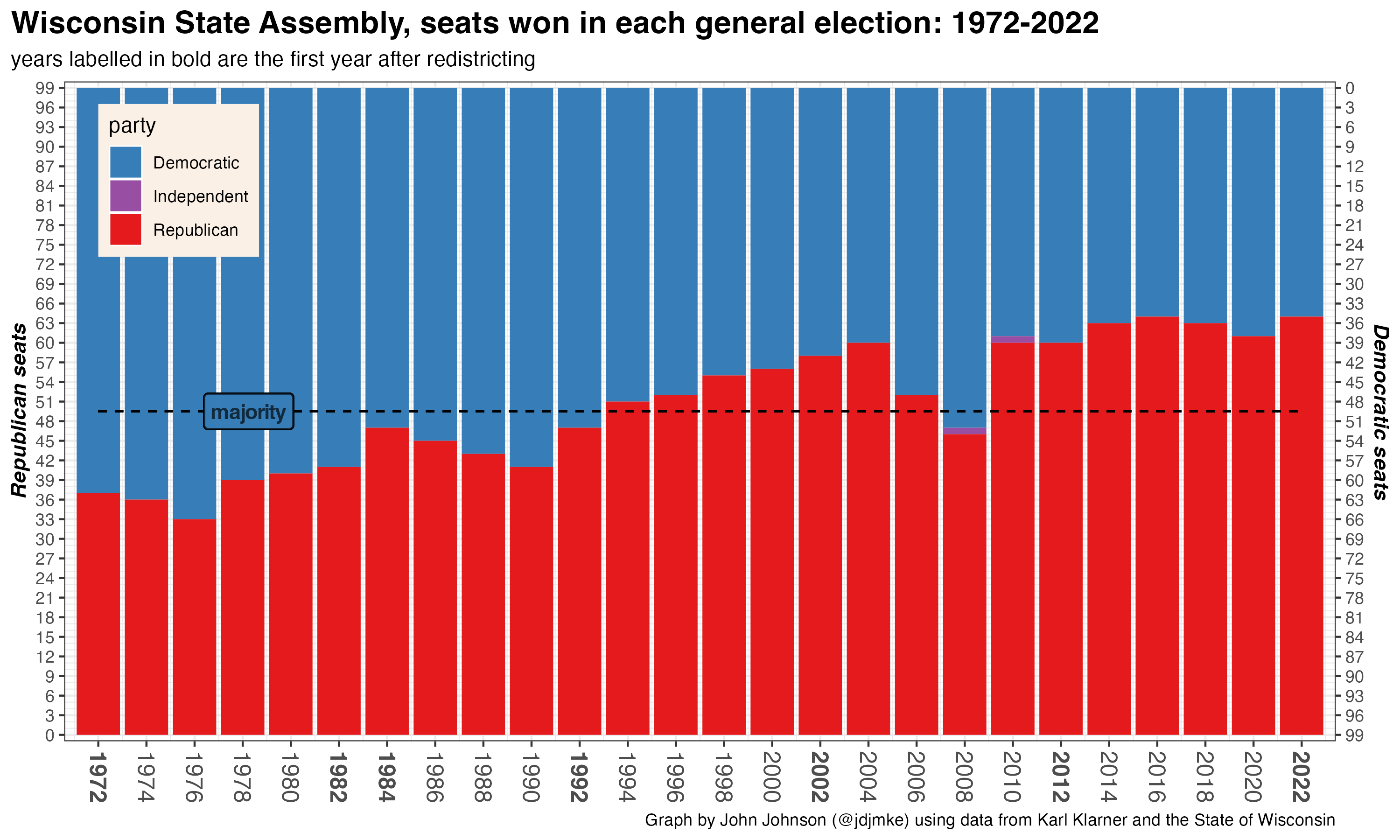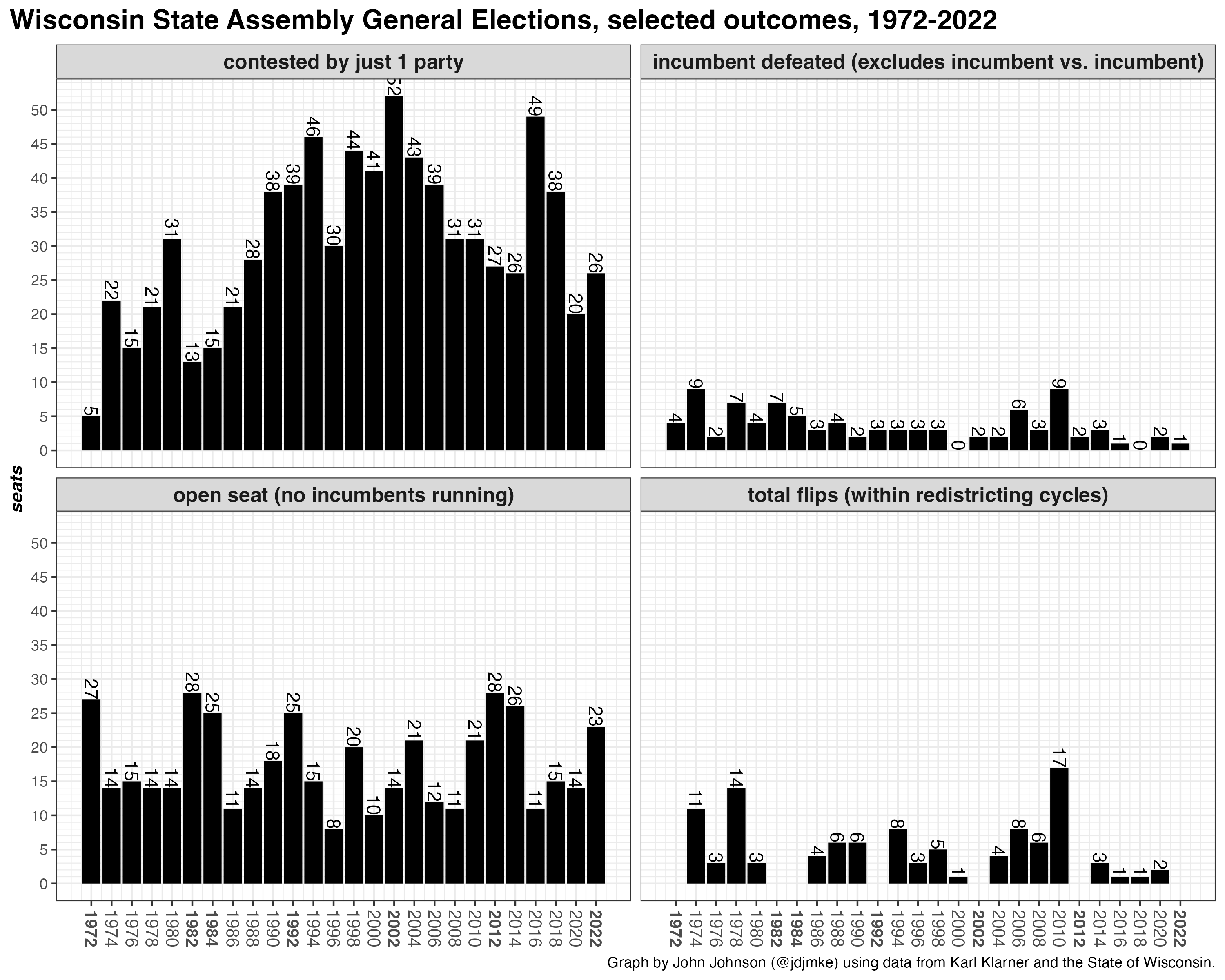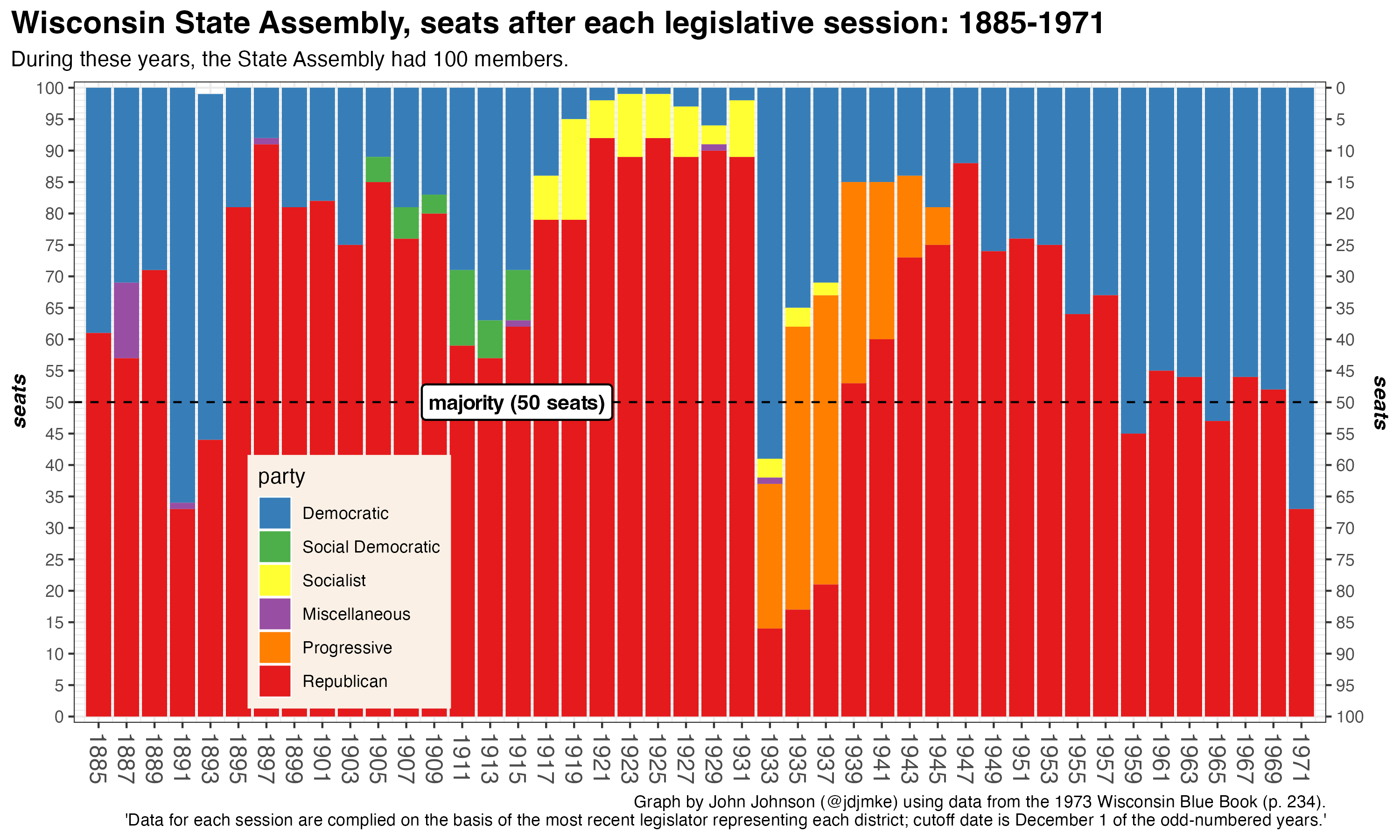Introducing the Lubar Center’s New Tool for Accessing Wisconsin Election Data
Past election results in Wisconsin aren’t always easy to find. Official, certified election results are spread across many different cumbersome Excel workbooks on multiple websites. And official statistics do not compile votes by municipalities.
To solve all of these problems, the Lubar Center has created a new online website, MULawPoll.org, which covers all presidential, gubernatorial, and congressional races from 2000 through 2022. It also includes state legislative races from 2010-2022. The website will be updated with 2024 results once they have been certified.

The website includes a chapter for every county, featuring demographic data and sortable/filterable tables allowing deeper exploration of voting trends. A user can quickly answer questions like “How did the village of Cedarburg vote in past presidential elections?” or “How many Dane County municipalities voted for Tommy Thompson in 2012?” We also provide a table of election results aggregated by every municipality in the state, where municipalities that straddle county lines (like Wisconsin Dells) are presented as a single unit.
Other chapters include a long term overview of partisan strength in Wisconsin, an essay by Craig Gilbert about Wisconsin’s uniquely competitive political environment, and a detailed look at Marquette Law Poll data pertaining to the 2024 election written by Charles Franklin.
The website’s election data have been compiled from official returns, collected either from the Wisconsin Election Commission or the Wisconsin Historical Society. The underlying data files, along with documentation and processing scripts are available here.
Please direct questions to John Johnson or Charles Franklin.

